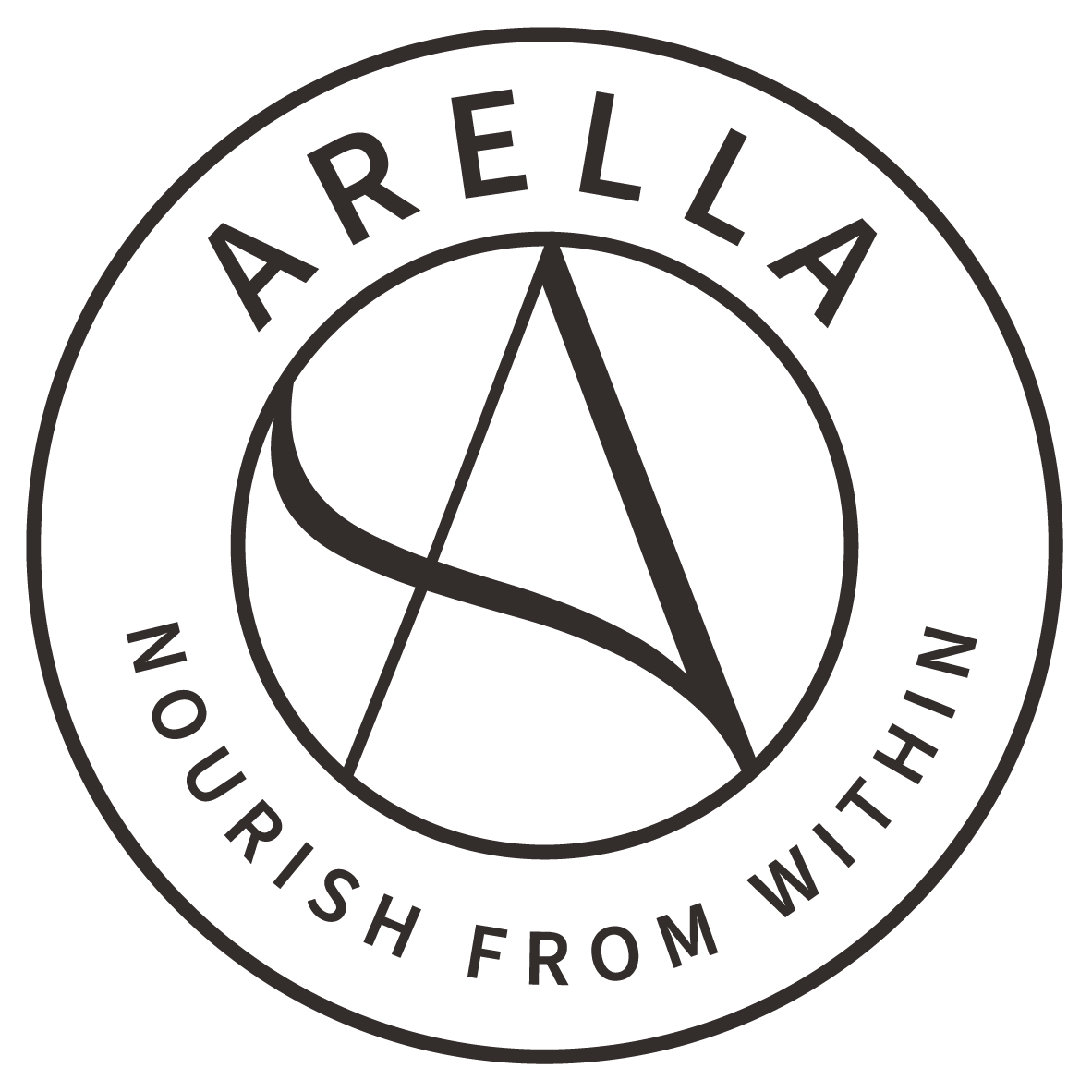
There is a term that’s becoming well-known in the beauty and wellness community - amino acids. And they play a crucial role in collagen production. But does anyone actually know what they are and what they do?
If you’re reading articles that mention amino acids but don’t have a clue, then you’re in the right place. By the end of this blog post, you’ll know all about them and how to get enough to increase collagen.
What are Amino Acids?

Amino acids are individual molecules that come together to make proteins. You need a lot of protein for growth, development and daily functioning.
How do Amino Acids Build Collagen?
One of the proteins amino acids make is collagen, the most abundant protein in your body. Collagen gives tissue elasticity and strength, which is vital for muscles, tendons, skin, hair, gut support and heart health.
There are 28 types of collagen, but type 1 makes up 90% of collagen in your body. The primary amino acids you use to make collagen are glycine, proline and hydroxyproline. You also need crucial vitamins and minerals to finish the structure, including copper, manganese, zinc and vitamin C.
Read more: The Truth About Vitamin C: Do You Really Need It?
What Amino Acids are in Collagen?

There are 19 aminos in collagen. But don’t worry, you don’t need to remember all of them! The nine essential amino acids you can only get through diet are histidine, isoleucine, leucine, lysine, methionine, phenylalanine, threonine, tryptophan, and valine. And the key amino acids you need to build collagen are glycine and proline.
5 Ways to Increase Amino Acids Collagen Production

One way to boost collagen naturally is to get more amino acids. This will give your body the ‘ingredients’ it needs to induce collagen synthesis. Here are five simple ways you can increase your amino acid intake.
1. Eat Foods High in Protein

Collagen is a protein, so it makes sense that eating protein helps. But it’s not because the protein from foods turns directly into collagen. Instead, it is due to high-protein foods containing suitable amino acids, vitamins and minerals to build collagen. Check out some amino acid rich foods below:
- Legumes - These are vegetables, specifically lentils, beans and peas. For example, garden peas, chickpeas, black beans, kidney beans and green and red lentils. They contain various aminos, including glycine, lysine and proline.
- Walnuts and almonds - The sweet almond and the crumbly walnut are both superfoods and extremely high in protein. Almonds have eight out of nine essential amino acids, with walnuts snagging first place with all nine.
- Meat, fish and dairy - Animal produce is high in protein, with turkey and eggs taking the lead. They contain glycine, proline and phenylalanine. However, you don’t have to eat animal products to get your dose of amino acids.
-
Soy - Soybeans are another superfood rich in all the essential amino acids. Produce includes soy milk and tofu.
2. Have a Plant-Rich Diet

You may have noticed that it’s not just about getting enough protein to create collagen but ensuring you have a varied diet. And that’s where plants come in. Here are some of the best plant-based superfoods for amino acids:
- Chia seeds - The tiny seed is high in omega-3, protein and other vitamins and minerals for collagen synthesis.
- Pistachio nuts - Like walnuts, pistachios have the vital aminos to enhance collagen production.
- Pumpkin and sunflower seeds - These teardrop and rice-shaped seeds are rich in amino acids and contain zinc to help finish building collagen.
- Spinach - Everyone knows this green leaf is excellent for your body. It’s also high in a variety of aminos and vitamin C to create collagen.
-
Tofu - Made from soybean, tofu contains all nine essential amino acids, vital to increase collagen.
Read more: 5 Vegan Collagen-Rich Foods to Hack Your Hormones.
3. Take Time to Unwind

Stress is a killer, and it also impacts your collagen production. This is because when stressed, your gut cannot absorb nutrients effectively. If it cannot efficiently break down what you’re eating, it won’t be able to extract the amino acids, vitamins and minerals to make collagen.
Read more: The Beautiful Benefits of Collagen for Gut Health.
So, it’s important to relax! Make sure you also know how to get high-quality sleep and learn different ways to reduce stress. Here are a few quick things you can do:
- Go for a walk
- Have a break
- Inhale relaxing scents - lavender is great for stress.
- Sip hot tea
- Slowly breathe in and out
- Take a bath
- Visit nature - even looking at nature pictures and sounds can help.
4. Get Enough Vitamin C

Okay, vitamin C isn’t an amino acid. But it is a vital component in creating collagen. Just like you can’t build collagen without amino acids, you also can’t make it without vitamin C. Amazing sources of vitamin C include tomatoes, kiwis, oranges, blueberries, dark leafy greens (like spinach and kale) and bell peppers.
5. Use a Liquid Collagen Supplement

Collagen declines the older you get, so you need more amino acids. But, getting enough in your diet can be challenging, so taking a supplement helps.
The Arella Beauty Liquid Collagen Supplement doesn’t use animal collagen. Instead, it’s enriched with VeCollal®, which contains the exact amino acids the body needs to make collagen.
Read more: VeCollal® Vegan Collagen: What is it, and how does it work?
But we didn’t stop there. We gave our formula a super-powered boost of vitamin C - essential to finish making collagen. You’ll also find retinol (vitamin A), ginseng, biotin, hyaluronic acid and niacin. These are all key ingredients that pair with aminos to stimulate collagen.
Read more: The Truth About Ginseng For Your Skin.
Boost Your Amino Acids With Arella Beauty

Enhancing your amino acid intake is easy with Arella Beauty’s collagen supplement. Rich in essential aminos to increase collagen, this tiny, plum-tasting supplement is an easy addition to your lifestyle. Try it today for the amino boost you need.
Yes, I Want to Boost My Amino Acids
Read next:
- How To Know When To Start Taking Collagen
- VeCollal® Vegan Collagen: What is it, and how does it work?
- 5 Different Types of Collagen You Need to Know
_
Written by Arella Beauty.
Emma is a holistic beauty and wellness writer. She has three years of experience in the well-being industry and a Master’s degree in Creative Writing and Wellness. Check out her portfolio and follow her on Instagram.





